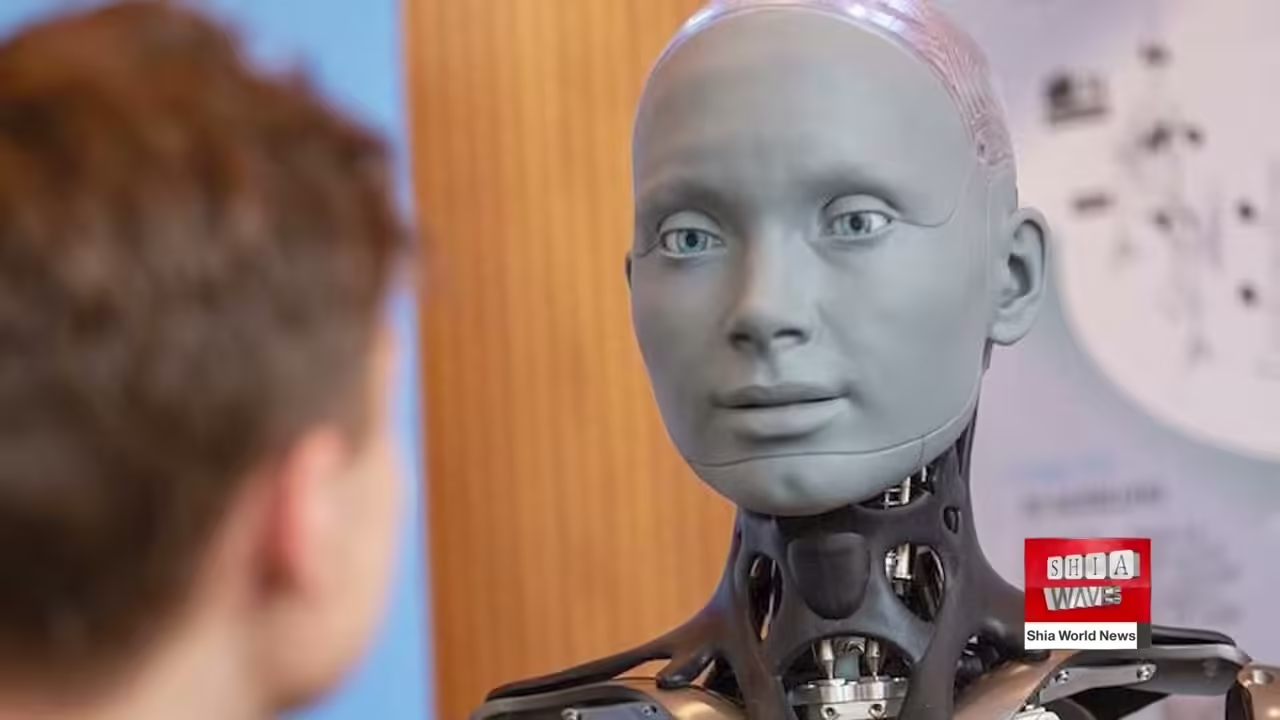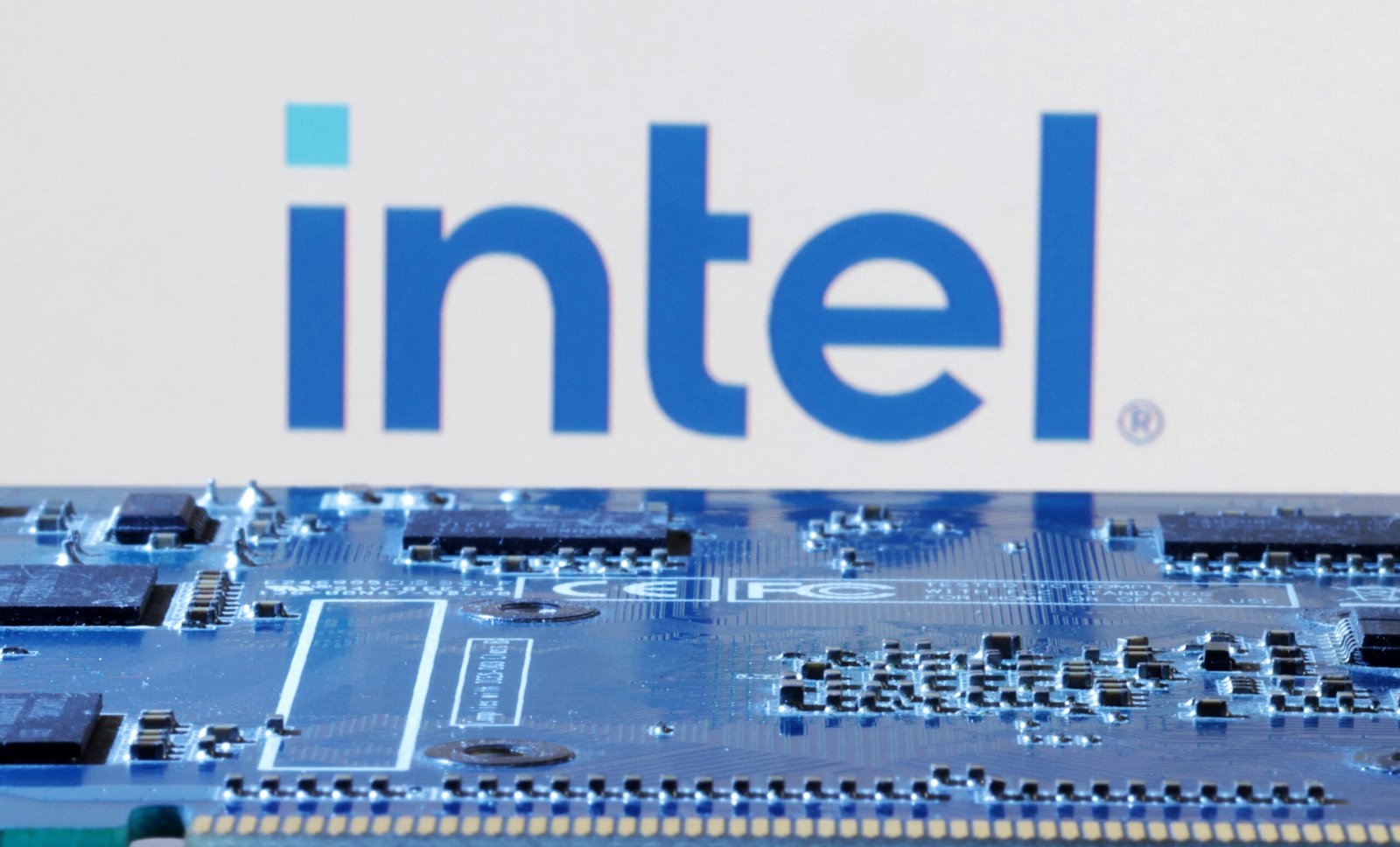UN experts cautioned on Thursday that the development of artificial intelligence (AI) should not be driven solely by market forces, advocating for tools to foster global cooperation. However, they refrained from proposing a robust international governing body to manage the technology’s rollout and evolution, which has sparked concerns over biases, misuse, and over-reliance.
A panel of approximately 40 experts in technology, law, and data protection, established by UN Secretary General Antonio Guterres, released their report just ahead of the upcoming “Summit of the Future.” The report highlights the pressing need for global governance of AI and notes the significant exclusion of developing countries from discussions about its future. Out of the UN’s 193 member states, only seven are involved in major AI initiatives, with 118—predominantly from the global south—absent.
Guterres emphasized the necessity for AI to serve humanity equitably and safely, warning that unchecked AI development could have serious implications for democracy, peace, and stability.
The experts called for UN member states to implement mechanisms for global cooperation and to prevent the unintended proliferation of AI technologies. They proposed the establishment of a scientific group on AI, akin to the Intergovernmental Panel on Climate Change (IPCC), to assess emerging risks and explore how AI could address challenges like hunger, poverty, and gender inequality.
While the report advocates for a light coordination structure within the UN, it stops short of calling for a full-fledged international governance body similar to the International Atomic Energy Agency (IAEA). The authors acknowledged that, given the rapid pace of AI advancements, creating a comprehensive list of risks may be futile. They warned that if AI-related risks intensify, it might necessitate the establishment of a more robust international institution with monitoring and enforcement capabilities.



